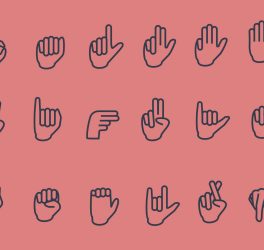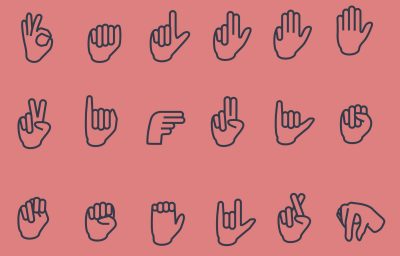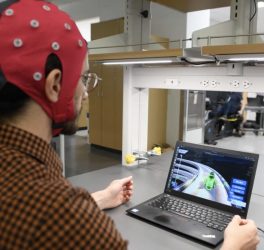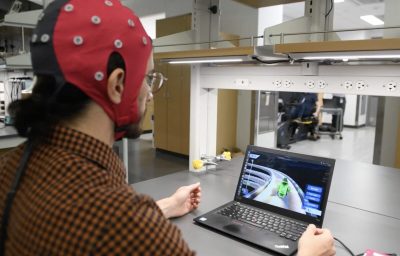
TikTok, the Chinese-owned social-media platform, is in the news once again for their discriminating policies against persons with disabilities.
This is not the first time the Tiktok is discriminating and violating the rights for persons with disabilities. In December last year, TikTok hid videos posted by persons with disabilities, including facial disfigurements, autism and Down syndrome.
Now, the Tiktok moved ahead one more step to humiliate and discriminate persons under their new content moderation policies, asked its China-based content moderators to suppress posts by ugly, poor, overweight or disabled people. The policies were first published by The Intercept on Monday.
Policies specifically told moderators to avoid promoting “abnormal body shape, chubby, obvious beer belly, obese, or too thin.” The policies also specifically targeted persons with disabilities, saying enforcement of such policies was not just “limited to” people with dwarfism or “acromegaly.”
The Intercept also obtained one of the Chinese policy documents, along with conversations with multiple sources directly familiar with TikTok’s censorship activities, which provided new details about the company’s efforts to enforce rigid constraints across its reported 800 million users.
Sources told The Intercept that the two sets of policies it published on Monday were in use at least until the end of 2019. The policy document about livestreams was created last year, sources said.
TikTok has about 800 million active global users according to leaked documents from TikTok, eMarketer reported. It is not clear that how many users with disabilities.
Persons with disabilities should boycott TikTok and stop using this social media platform, as their policies violate the rights of persons with disabilities.








